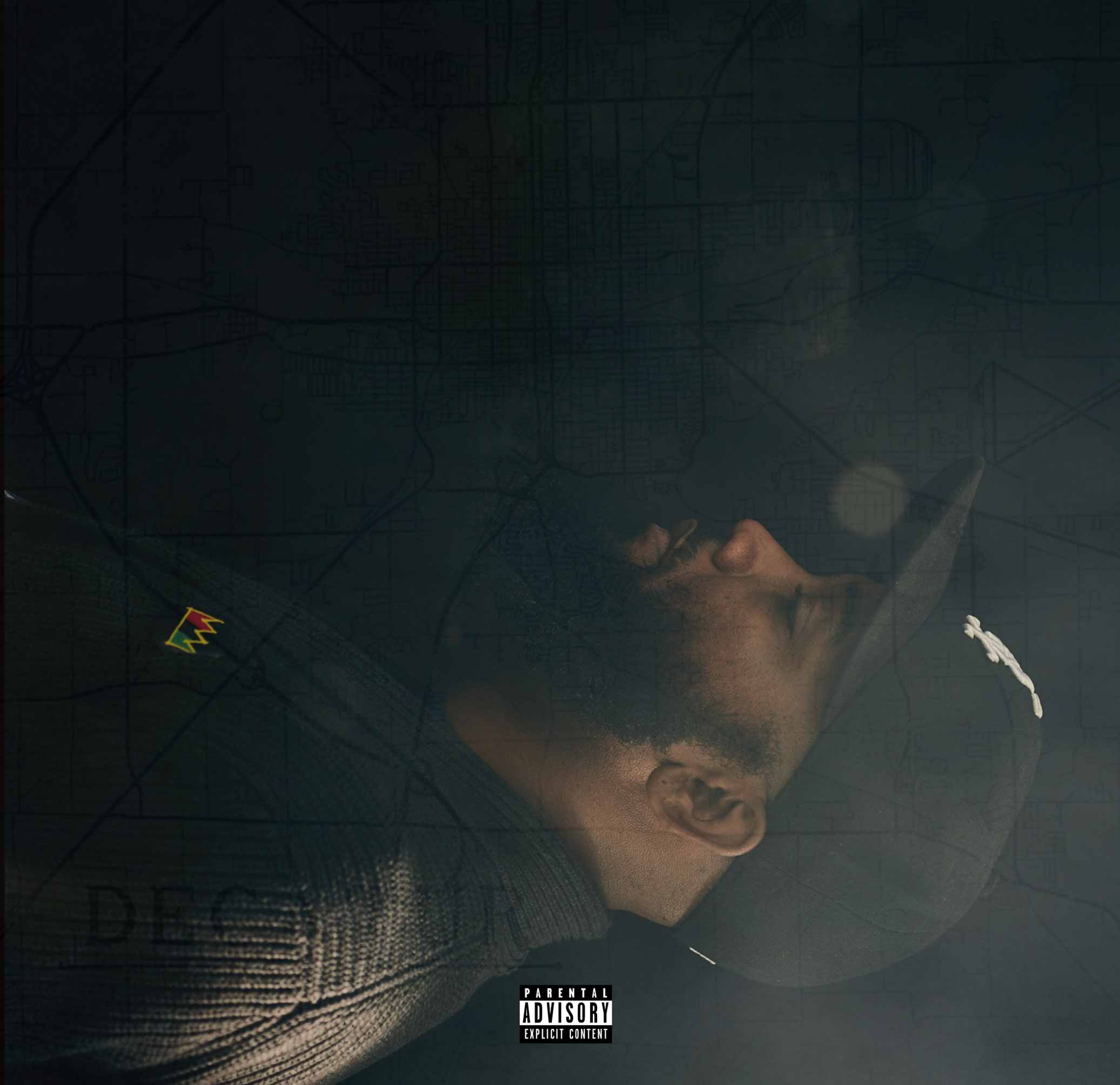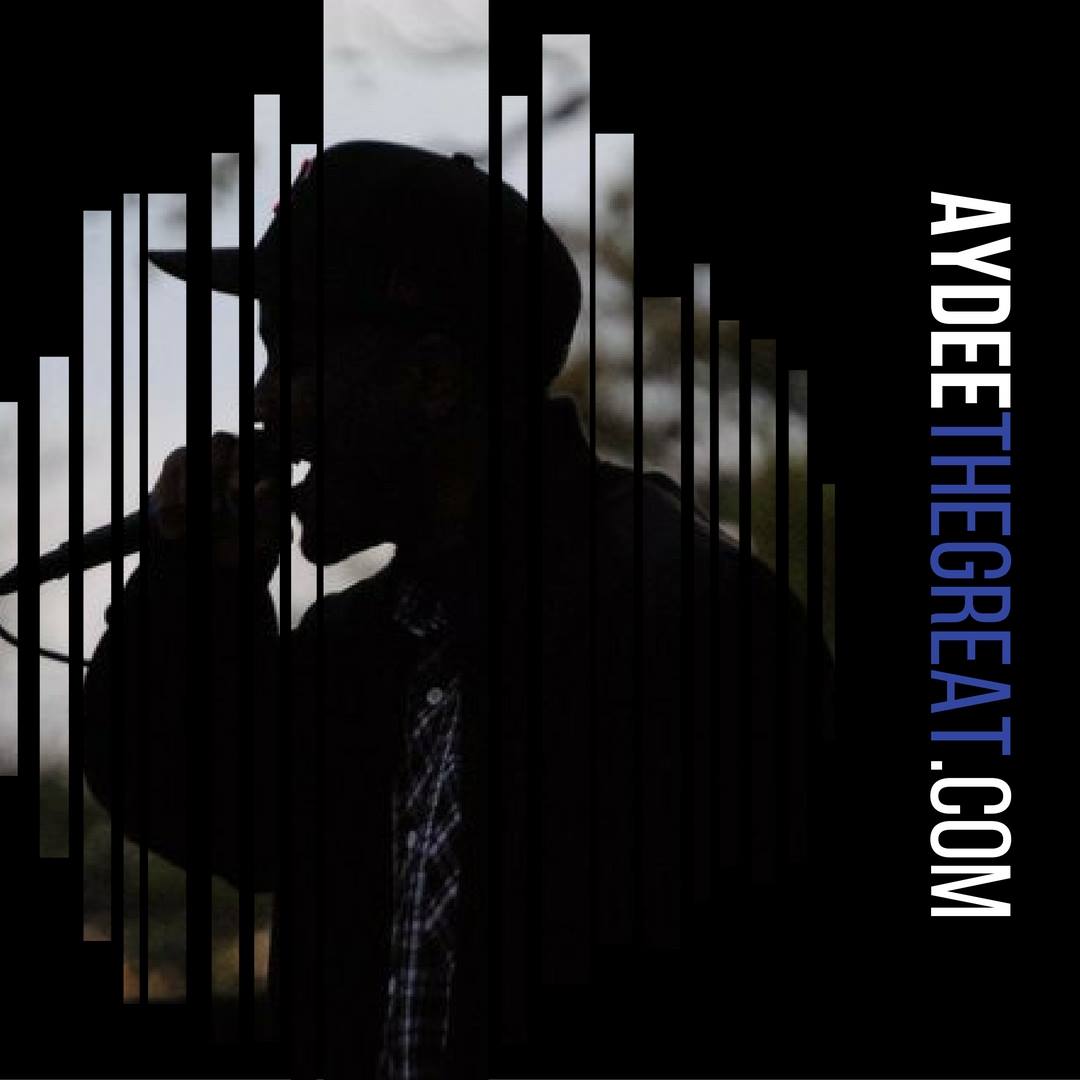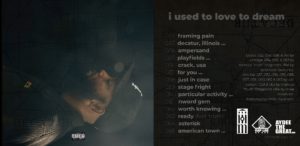
14 Aug New Album: i used to love to dream
A.D. Carson’s new album, i used to love to dream, is a mixtap/e/ssay that performs hip-hop scholarship using sampled and live instrumentation; repurposed music, film, and news clips; and original rap lyrics. As a genre, the mixtap/e/ssay brings together the mixtape—a self-produced or independently released album issued free of charge to gain publicity—and the personal and scholarly essays. A.D. Carson names Decatur, Illinois—his hometown—as a reference point for rapped ruminations about the ideas of growing up, moving away, and pondering one’s life choices. The tracks attempt to account for moral, philosophical, and ethical dimensions undergirding unease about authenticity and highlights outlooks on Black life generally, and Black manhood in particular, in the United States.
The tracks are presented along with liner notes and a short documentary about the making of the mixtap/e/ssay, and accompanying articles to provide context for listeners both in and outside of classrooms.
“While a slew of scholarship over the past twenty-five years has situated hip-hop as artistic expression with both didactic and symbolic intellectual content, Carson’s professorial and artistic concerns pushes this assumption to another level. Carson uses the art of music to participate equally with literature as a form of cultural criticism.”
—Guthrie Ramsey, University of Pennsylvania“i used to love to dream breaks new ground, speaks to compelling issues in our time, and is clearly rooted in both scholarship and Black rhetorical traditions, even as it intervenes in both.”
—Adam Banks, Stanford University“Saying that A.D. Carson’s i used to love to dream is a good listening experience would be like saying that the experience of being high is a strange breathing experience, or that the experience of an overdose is a bad measuring experience. The project cannot be reduced to the sounds, images, texts, and thin genre descriptions that comprise it. With this disturbingly personal offering, Carson gives us a dope critical process of inhaling and engaging today’s most pressing questions about home and national identity, empire and the geography of oppression, and the intimate politics of survival and transformation. I urge you to spend time with this project. Submerge your entire body in it. Argue with it. Demand that it explain why it approaches things the way it does. I’m not sure if disciplines -as currently embodied- deserve or can handle this hit, but all of us need what is revealed on this journey.”
—Chenjerai Kumanyika, Rutgers University
LISTEN & WATCH
i used to love to dream
Press Release from University of Michigan Press
New today! @aydeethegreat‘s ‘i used to love to dream’ is the 1st ever peer-reviewed rap album pubbed by an academic press, uniquely enabled by @fulcrumpub‘s platform. Read/listen today thru open access for a timely insight into race, home, & individualityhttps://t.co/NZwgKqVsHo pic.twitter.com/bJPkuXSa83
— University of Michigan Press (@UofMPress) August 6, 2020




No Comments